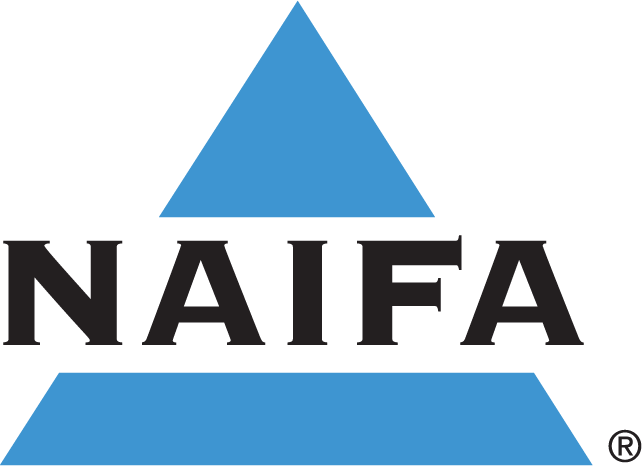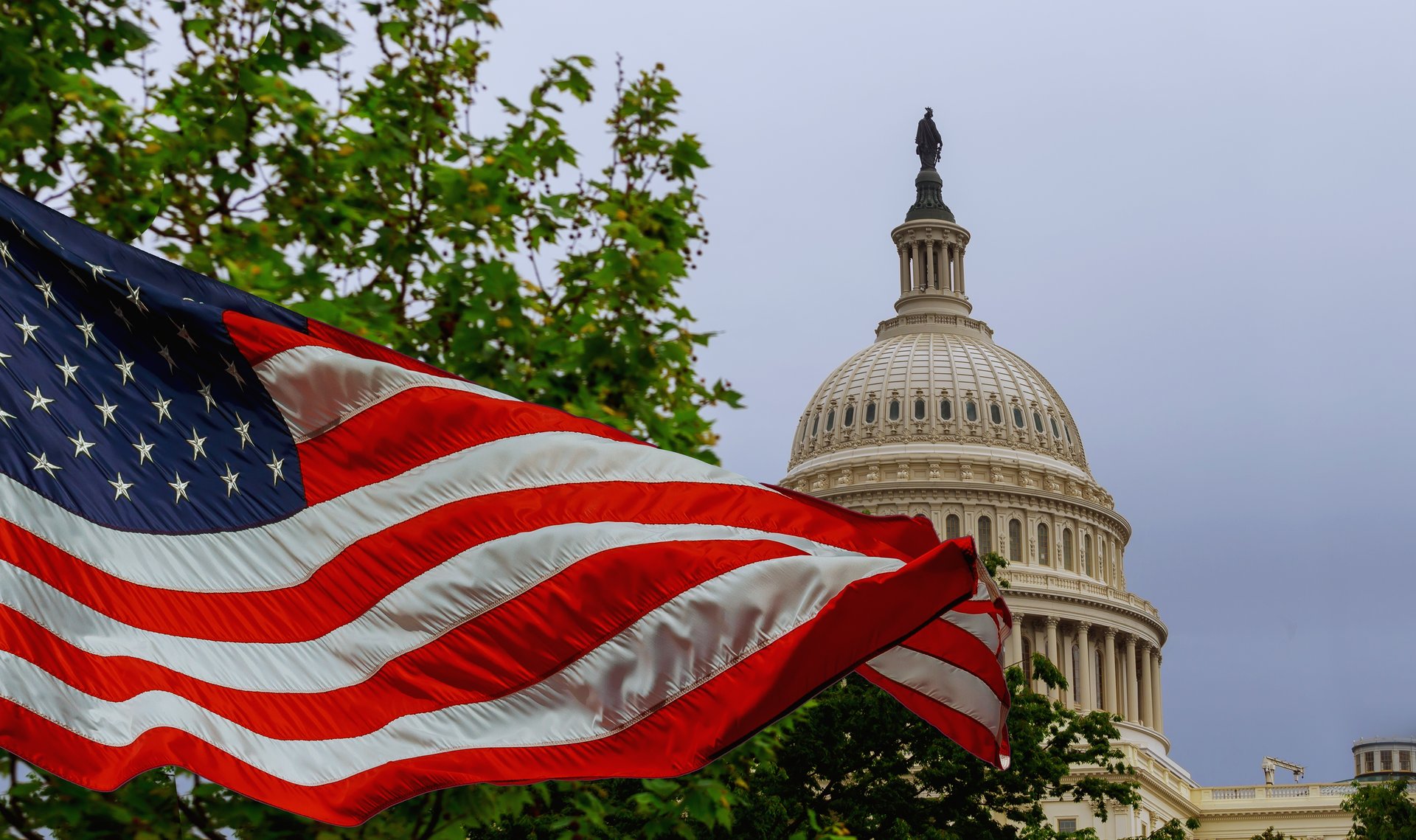The administration’s final rules on short-term, limited-duration health insurance (STLDI) plans will restrict access to these policies that serve crucial needs of many American consumers. The plans, which have existed since the introduction of HIPAA-based rules nearly two decades ago, are designed to bridge the gap between comprehensive coverage options. They can be a great fit for those looking for individual coverage, waiting for the start of group plan enrollment, having gaps between different employment opportunities, or waiting for their next open enrollment opportunity.
STLDI plans can also serve many other individuals and populations, including those transitioning between jobs, those who have purposely reduced hours or taken unpaid leave and cannot afford or do not qualify for COBRA, newly retired people seeking a bridge to Medicare, Americans studying abroad, and individuals temporarily in the United States on VISA programs.
“The new, excessive limitations on short-term, limited-duration health plans do not reflect marketplace realities,” said NAIFA CEO Kevin Mayeux, CAE. “Calling STLDI policies ‘junk insurance,’ as the administration does in a press release announcing the new rules, betrays a stunning lack of understanding of how these policies often provide important protections to Americans at times when they are financially vulnerable. It also does a potentially dangerous disservice to consumers who would benefit from short-term insurance but are confused or dissuaded by the government’s hostile language.”
The new rules by the Departments of Health and Human Services, Labor, and the Treasury would reduce the maximum contract term of STLDI from 12 to three months and the maximum coverage time from 36 to four months. People facing periods of unemployment or other gaps in coverage opportunities often require STLDI for longer than four months. Adding to the difficulty, the Affordable Care Act provides a very brief open-enrollment period for the individual health insurance marketplace. Prior to the new rules, STLDI policies could bridge gaps during the majority of the year when consumers lack access to the individual marketplace.
NAIFA agrees with portions of the rules that require health insurance companies to be clear and up front with consumers about the types of policies they are buying and those policies’ benefits and limitations.
NAIFA also acknowledges the intentions of the Departments in aiming to eliminate STLDI coverage that closely resembles traditional individual insurance coverage. However, instead of imposing a drastic shift in available STLDI options, a middle-ground approach would be more useful in addressing these concerns while still protecting Americans.
The rules as they currently exist, however, do not serve the best interests of consumers. They fail to acknowledge the usefulness of STLDI plans for many American individuals and families who will now lack suitable health insurance options.
Concerns by NAIFA, Other Lead IRS to Reexamine Proposal
NAIFA has actively opposed proposed amendments to the rules that would change the income tax and employment tax treatment of money received through employment-based accident or health insurance paid without regard to the amount of incurred medical expenses and where the premiums or contributions for the coverage are paid on a pre-tax basis.
The proposed changes would raise taxes on individuals and businesses when the taxpayers are most vulnerable and can least afford it. Alternatively, and perhaps the more likely, the proposals would prompt employers to amend their plans to make employees pay for them on a pre-tax basis. Employers may even drop these supplemental benefit plans entirely. Any of these results runs completely contrary to the President’s avowed efforts to reduce the cost of medical care for hardworking Americans. Moreover, such a result violates the President’s promise not to tax Americans earning less than $400,000. Industry surveys show the average purchaser of these insurance benefits earns $50,000-$75,000.
Thanks to concerns expressed by NAIFA and others, the Treasury Department and IRS have not finalized their proposed amendments and will give the matter additional consideration.





.png)
